Presented by Microsoft
RSAC in focus: Quantum computing and security
Experts at RSAC 2025 emphasize the need for urgent action to secure data against future cryptographic risks posed by quantum computing
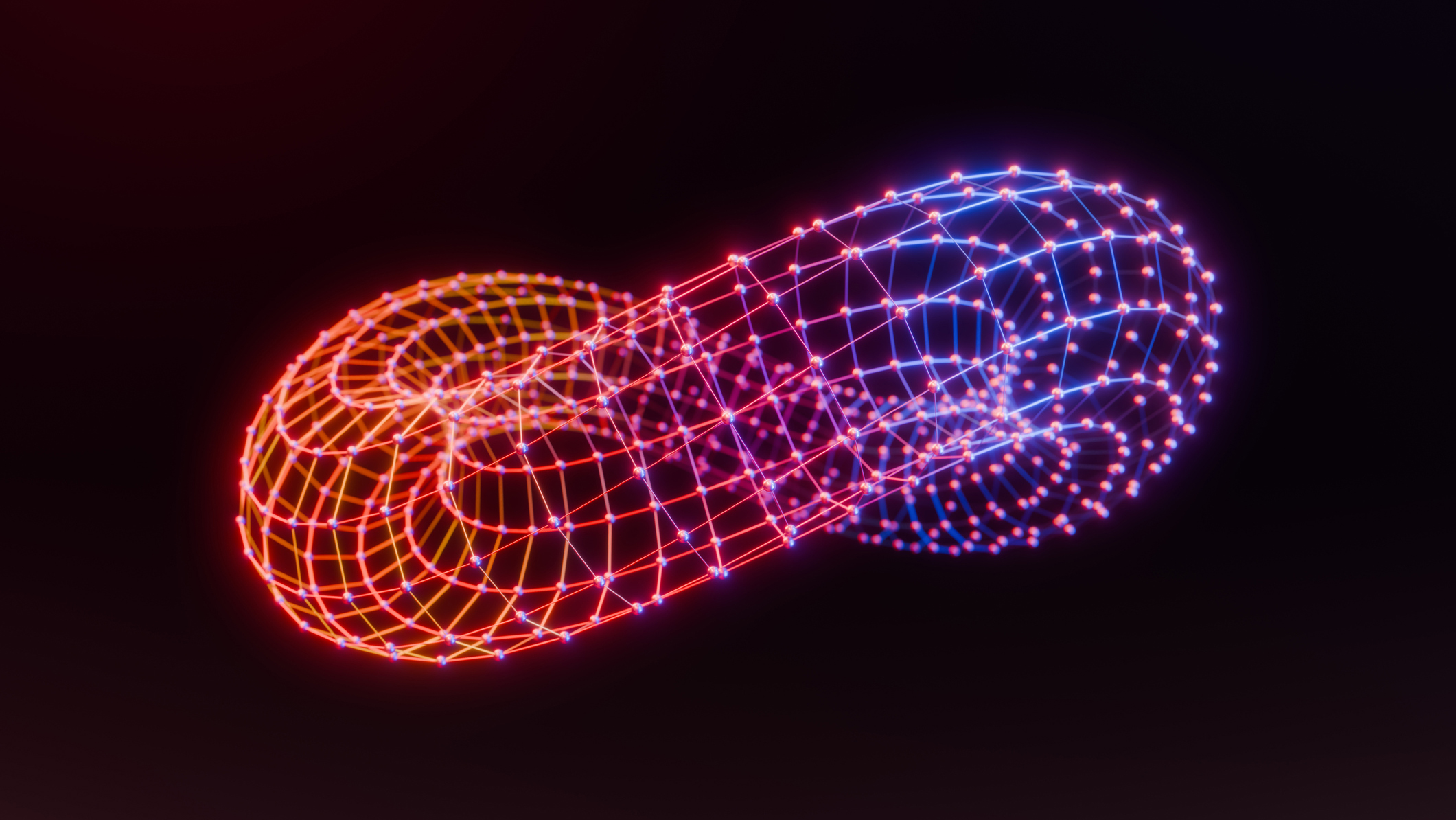

While AI dominated many sessions at RSAC Conference 2025, the long-term implications of quantum computing and security also cast a significant shadow. The core concern, extensively debated in sessions and among experts, centered on the future capability of fault-tolerant quantum computers to break the encryption algorithms that currently protect vast amounts of digital information worldwide. As reported by ITPro, this isn't a distant academic exercise but a looming challenge requiring proactive measures today.
The "harvest now, decrypt later" imperative
A central theme resonating through quantum-focused discussions at RSAC 2025 was the concept of "harvest now, decrypt later" (HNDL). This refers to the practice of adversaries collecting and storing currently encrypted data with the expectation that future quantum computers will be able to decipher it. This makes the potential quantum threat an immediate concern, even if cryptographically relevant quantum computers are still several years from realization. Data with a long shelf-life – sensitive government secrets, intellectual property, personal health information, and financial records – stolen today could be decrypted tomorrow. This understanding shifts the quantum problem from a future hypothetical to a present-day data security risk demanding attention.
The primary cryptographic systems at risk are asymmetric, or public-key, algorithms like RSA and Elliptic Curve Cryptography (ECC), which underpin secure web communications, digital signatures, and much of the internet's trust infrastructure. While symmetric encryption is also susceptible, it’s generally considered more resilient to quantum cracking, often requiring larger key sizes for continued protection.
Navigating to a quantum-resistant future: post-quantum cryptography
The primary pathway to a quantum-resistant future, as emphasized throughout RSAC Conference 2025, is the adoption of Post-Quantum Cryptography (PQC). PQC involves the development and deployment of new cryptographic algorithms that are designed to be secure against intrusions originating from classical or quantum computers. The National Institute of Standards and Technology (NIST) in the US is playing a pivotal role in this transition, currently in the final stages of standardizing a suite of PQC algorithms. Organizations were strongly advised at the conference to closely monitor NIST's progress and prepare to align with these forthcoming standards.
The migration to PQC is anticipated to be a complex and resource-intensive undertaking, significantly more involved than previous cryptographic transitions. It will require careful planning, thorough testing, and a deep understanding of where and how cryptography is currently used within an organization.
Organizational preparedness: the time to act is now
Organizations were urged to approach preparation methodically rather than with panic. The first essential step is creating a comprehensive cryptographic inventory to identify all instances of cryptography deployed across applications, systems, hardware, and data stores. This process helps organizations understand what requires protection and the algorithms currently in use.
Following this, strategic planning becomes vital. Organizations need to develop detailed roadmaps for migrating to Post-Quantum Cryptography, taking into account the lifecycles of their data and prioritizing the safeguarding of the most sensitive and long-lived information. Testing and experimentation with candidate PQC algorithms in controlled, non-production environments is another important step. This enables organizations to evaluate performance characteristics and integration challenges, ensuring smoother transitions when new standards are adopted.
Sign up today and you will receive a free copy of our Future Focus 2025 report - the leading guidance on AI, cybersecurity and other IT challenges as per 700+ senior executives
Additionally, fostering crypto-agility is recommended. Designing systems and protocols to be adaptable enables organizations to update cryptographic algorithms efficiently as vulnerabilities emerge or standards evolve.
Although the timeline for the arrival of quantum computers capable of breaking current encryption remains uncertain, the consensus at RSAC 2025 underscored the urgency of addressing the "harvest now, decrypt later" threat. Immediate planning and preparation for the post-quantum era are critical steps toward safeguarding the future integrity of digital systems.
Rene Millman is a freelance writer and broadcaster who covers cybersecurity, AI, IoT, and the cloud. He also works as a contributing analyst at GigaOm and has previously worked as an analyst for Gartner covering the infrastructure market. He has made numerous television appearances to give his views and expertise on technology trends and companies that affect and shape our lives. You can follow Rene Millman on Twitter.
-
 The modern workplace: Standardizing collaboration for the enterprise IT leader
The modern workplace: Standardizing collaboration for the enterprise IT leaderHow Barco ClickShare Hub is redefining the meeting room
-
 Interim CISA chief uploaded sensitive documents to a public version of ChatGPT
Interim CISA chief uploaded sensitive documents to a public version of ChatGPTNews The incident at CISA raises yet more concerns about the rise of ‘shadow AI’ and data protection risks
-
 RSAC in focus: Key takeaways for CISOs
RSAC in focus: Key takeaways for CISOsThe RSAC Conference 2025 spotlighted pivotal advancements in agentic AI, identity security, and collaborative defense strategies, shaping the evolving mandate for CISOs.
-
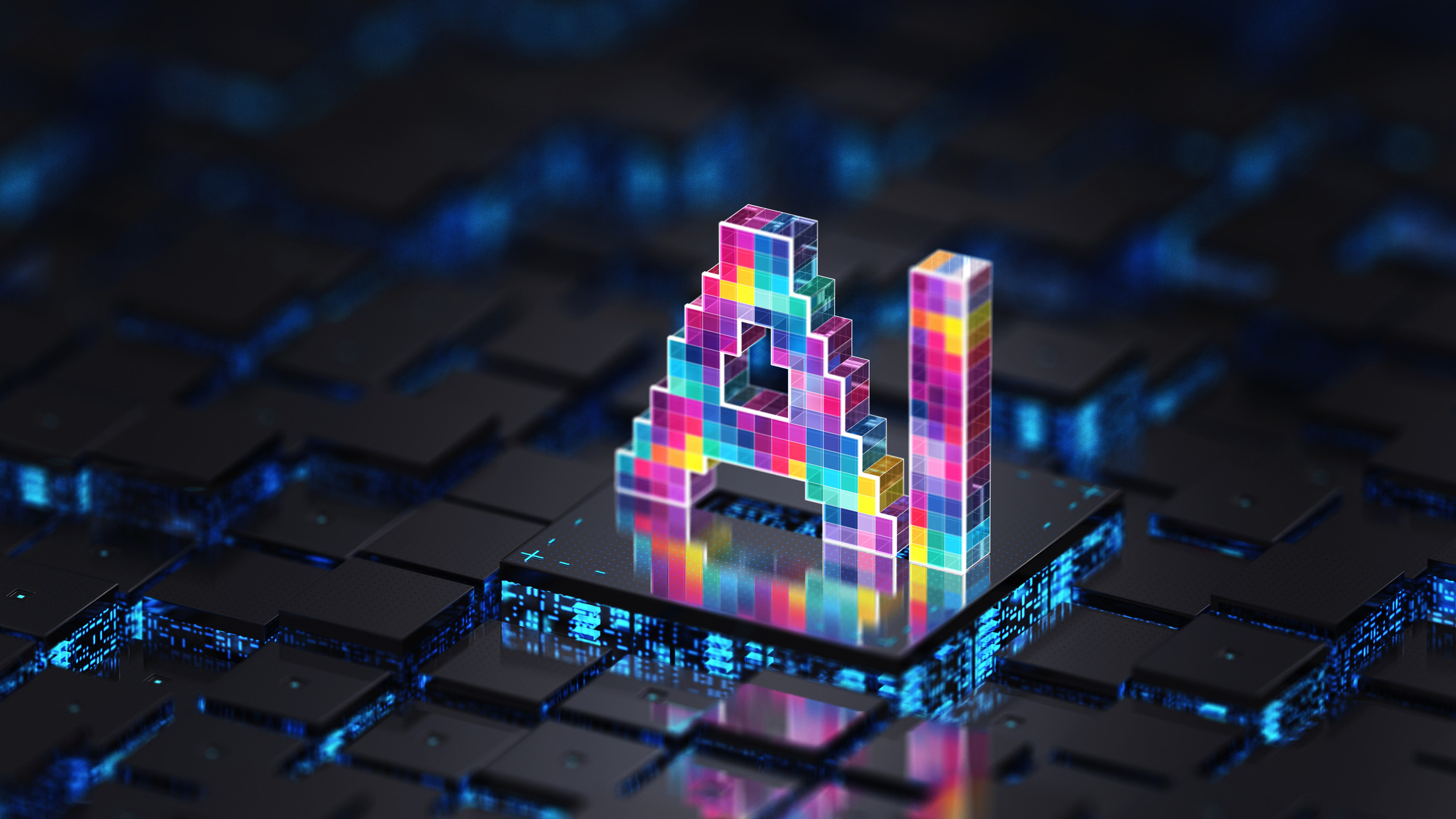 RSAC in focus: How AI is improving cybersecurity
RSAC in focus: How AI is improving cybersecurityAI is revolutionizing cybersecurity by enhancing threat detection, automating defenses, and letting IT professionals tackle evolving digital challenges.
-
 RSAC in focus: Collaboration in cybersecurity
RSAC in focus: Collaboration in cybersecurityExperts at RSA Conference 2025 emphasised that collaboration across sectors and shared intelligence are pivotal to addressing the evolving challenges of cybersecurity.
-
 RSAC in focus: Considerations and possibilities for the remainder of 2025
RSAC in focus: Considerations and possibilities for the remainder of 2025As 2025 unfolds, RSAC explores the pivotal considerations and emerging possibilities shaping the cybersecurity landscape
-
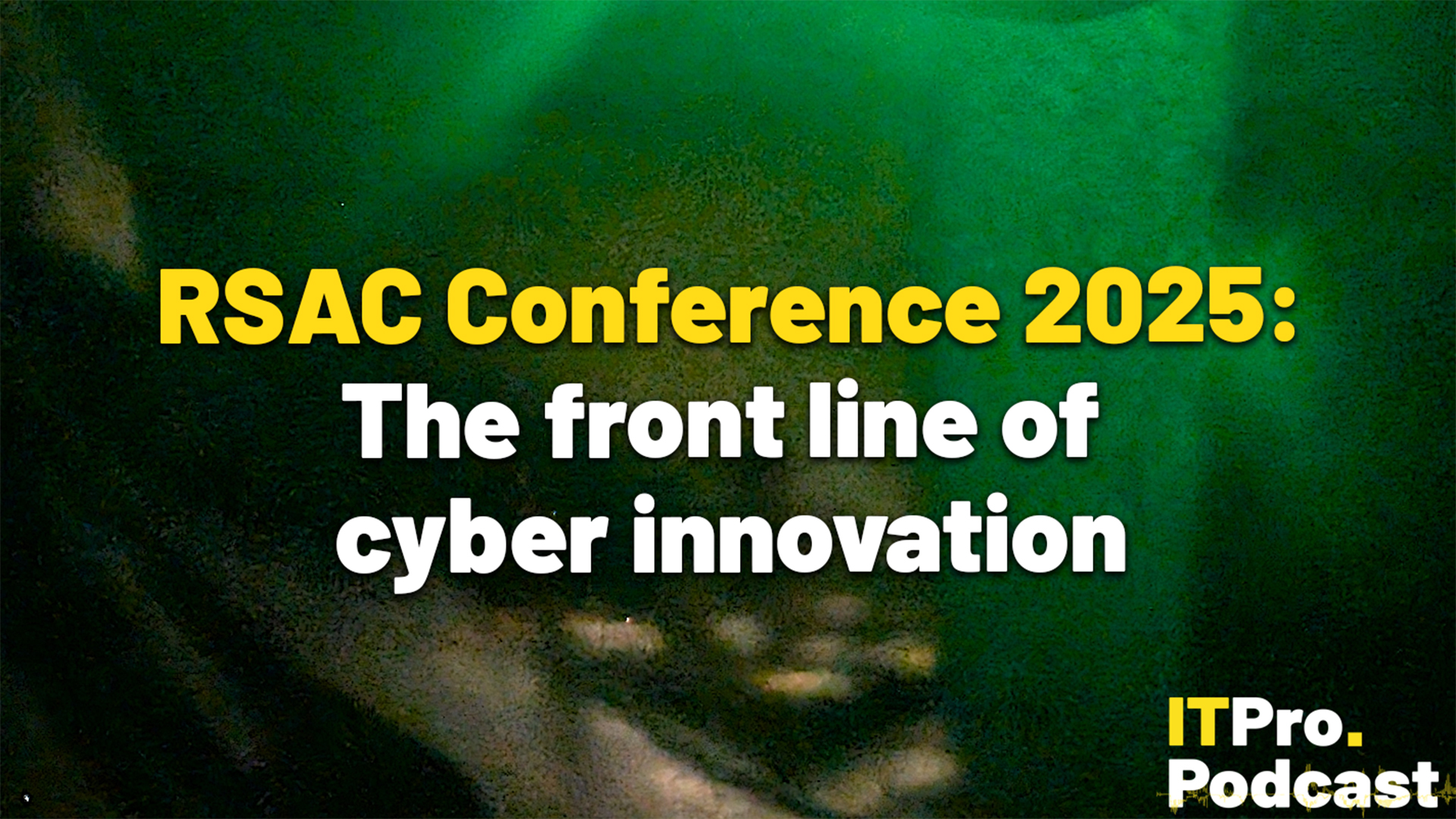 RSAC Conference 2025: The front line of cyber innovation
RSAC Conference 2025: The front line of cyber innovationITPro Podcast Ransomware, quantum computing, and an unsurprising focus on AI were highlights of this year's event
-
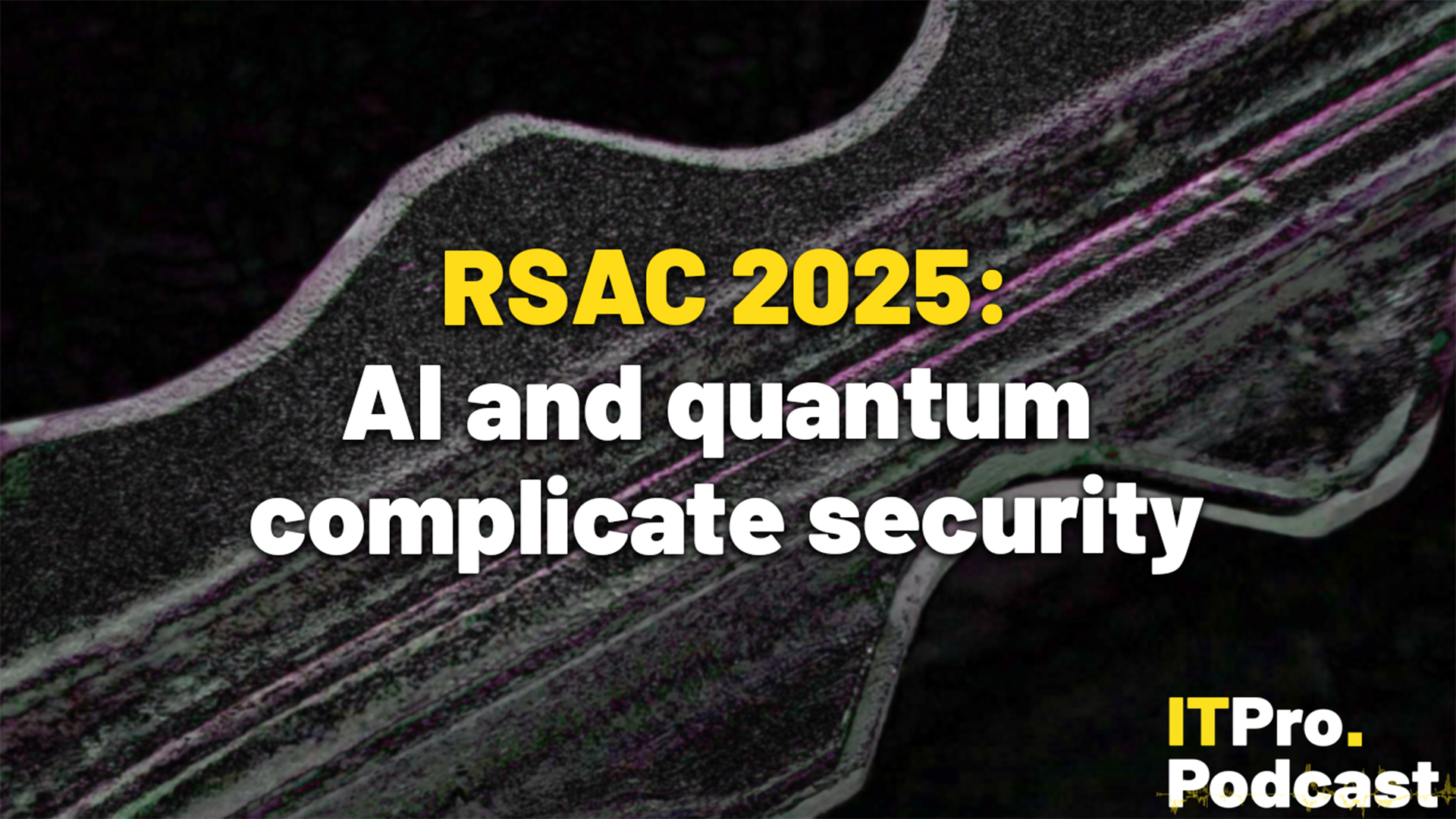 RSAC Conference 2025: AI and quantum complicate security
RSAC Conference 2025: AI and quantum complicate securityOrganizations are grappling with the complications of adopting AI for security
-
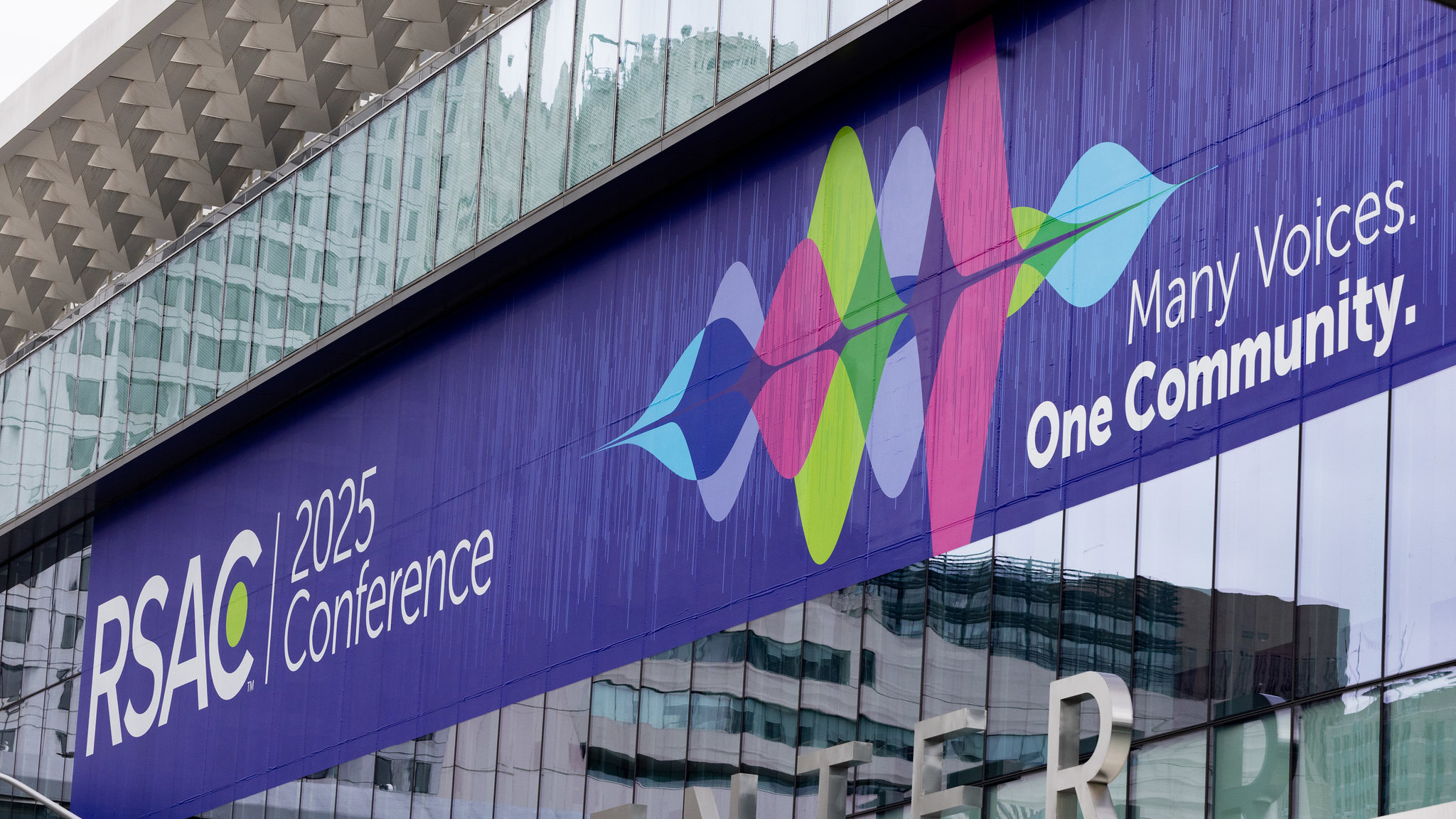 RSAC Conference 2025 was a sobering reminder of the challenges facing cybersecurity professionals
RSAC Conference 2025 was a sobering reminder of the challenges facing cybersecurity professionalsAnalysis Despite widespread optimism on how AI can help those in cybersecurity, it’s clear that the threat landscape is more complex than ever
-
 RSAC Conference day three: using AI to do more with less and facing new attack techniques
RSAC Conference day three: using AI to do more with less and facing new attack techniques
